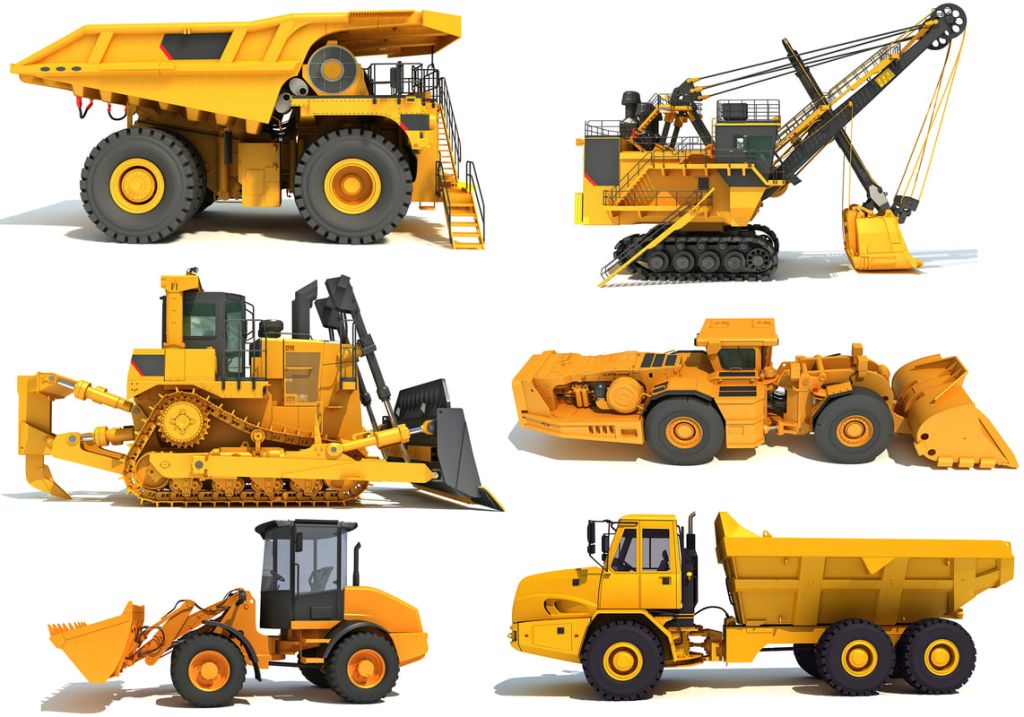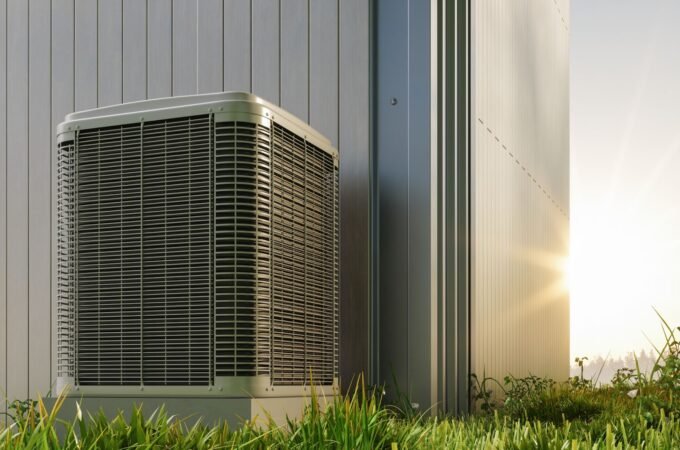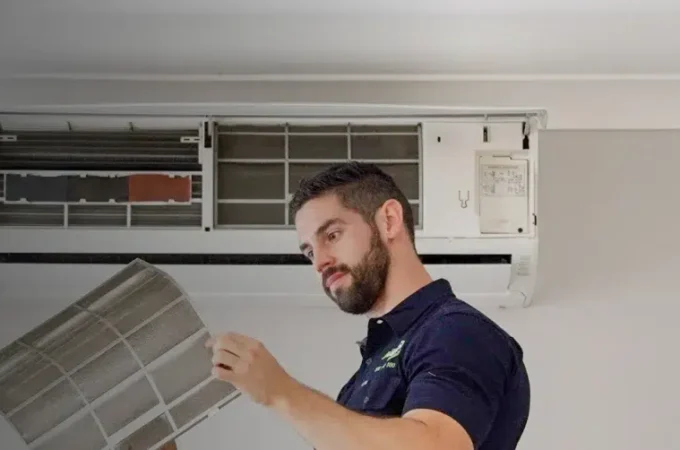
What You Should Look For When You’re in the Market for Construction Equipment
Whether you are a contractor, a manufacturing company, a home builder, a construction company, a landscaper or just someone who needs to haul large loads around, there are a myriad of different types of trailers to fill the bill. The nice thing about trailers made for use in construction is that they are built tough, with heavy steel-beam construction and solid leaf-spring suspension. They are built to last and can take a beating.
Different Types of Trailers –
Enclosed Trailers –
These have four walls and a roof and are usually skinned with thick aluminum. They have heavy, steel beams that support all sides of the structure. Leaf springs support the suspension and keep your loads from jostling around too much. Inside, there is plywood or luan to form the inner walls. Usually the floors are made of thick plywood as well.

Best buyers for enclosed trailers include electrical or plumbing contractors who need to take their supplies and tools with them. There is often a light inside that illuminates the workspace. Electrical or plumbing contractors build cabinets and tables in their trailers to keep all of their tools and supplies organized and often to create a work space.
The most enjoyable and economical use of an enclosed cargo trailer is insulating them, building a bed, a table and cabinets and taking it on the road as a camper conversion. This author loves hers. It was very easy for this newbie with no carpentry skills to make a comfortable camping mobile that will last for many more years than any RV trailer on the market. All of this for less than $3,000.
Flip Axle Trailer –
A flip axle trailer takes the rear axle and allows it to either run on the road, like the other axles, or flip up onto the rear of the rest of the trailer when it is unnecessary. This is helpful when you need more space to carry more weight at times, yet you can make the trailer more compact when maneuverability is required.
The flip axle is attached to the rear frame through the use of hinge plates and pins. Flip axle trailers are used for hauling loads when the axle loading of the trailer is in excess of the state’s maximum gross weight loading per axle. When that is an issue, you flip the rear axle up on the rear frame to decrease the number of axles you have running on the road
These flip axle trailers are used in the trucking industry and in heavy construction.
Flatbed Trailers –
Open, flatbed trailers can be very useful in situations where the weather is not a factor and where theft is not a concern. Smaller landscaping companies often use small, open, flatbed trailers with steel sides. This allows them to carry debris from the job site to the dump and store their tools and equipment on the outer portions of the trailer. Companies that contract with others to remove waste also often utilize flatbed trailers with open, steel-mesh sides.
Flatbed trailers, because they are so versatile, are the most commonly used type of trailer in the trucking industry. You can load them in many different types of configurations; and, as the landscaping contractors often do, you can add posts and sizes to better contain your load.
Dump Trailers –

Dump trailers are most often used to haul large amounts of construction debris from a job site and efficiently raise the front of the trailer to dump the materials out the rear.
Walking Floor Trailers –
Walking floor trailers move the contents of the trailer to the front or rear as needed by a floor that moves up or back. Walking floor trailers make it easy to transport large, heavy items – like lumber, aggregate, or large pallets of paper.
Axles and Brakes –
Usually, trailers that haul less than 3,000 pounds have only one axle. Single-axle trailers take a bit more care to back into a space. A tiny turn of the vehicle’s steering wheel equates to a larger movement of the trailer. Multi-axle trailers are equipped with brakes. In some cases, you will need to buy a brake kit for your trailer.
Things to Consider Before Buying or Renting –
If you are in need of a trailer on a regular basis, or if you will need to customize one in order to organize your supplies and equipment, you will likely want to consider buying a trailer. You will be able to write off the depreciation of the asset over time in your business taxes, if the trailer is used for a business, as opposed to a personal purpose. Also, it is always there when you need it.
Renting a trailer is best when you have no place to store the trailer, when you don’t intend to use the trailer very much or when you don’t want to bother with maintenance and upkeep.

There are many types of trailers for construction, contracting and personal uses. You will need to evaluate the loads you will carry as well as the need for enclosure in order to determine the best type for your particular needs.




